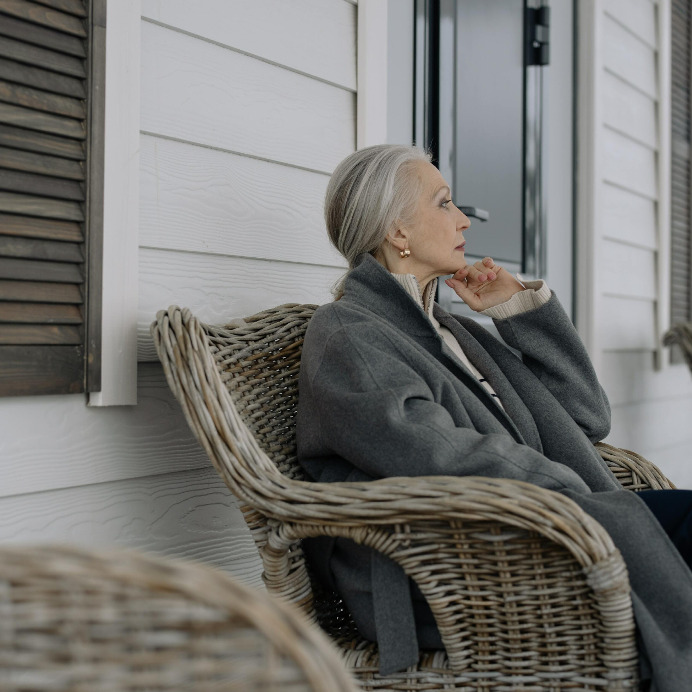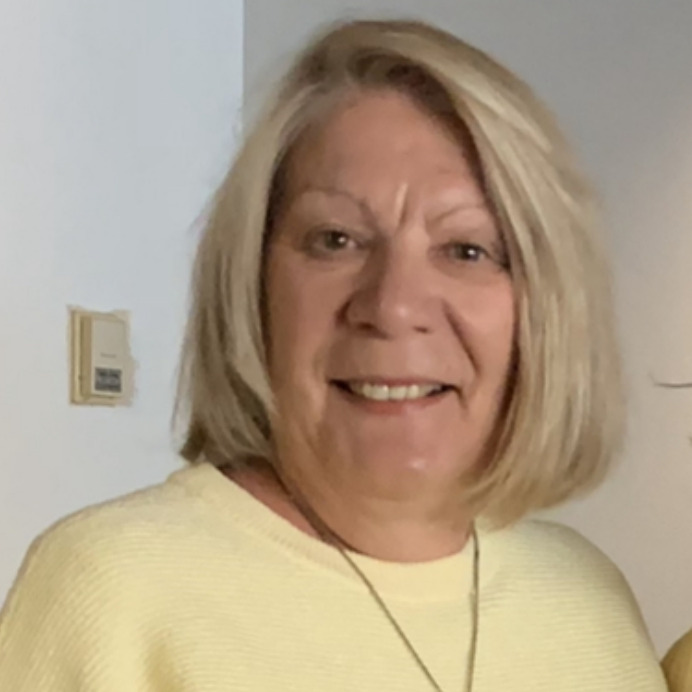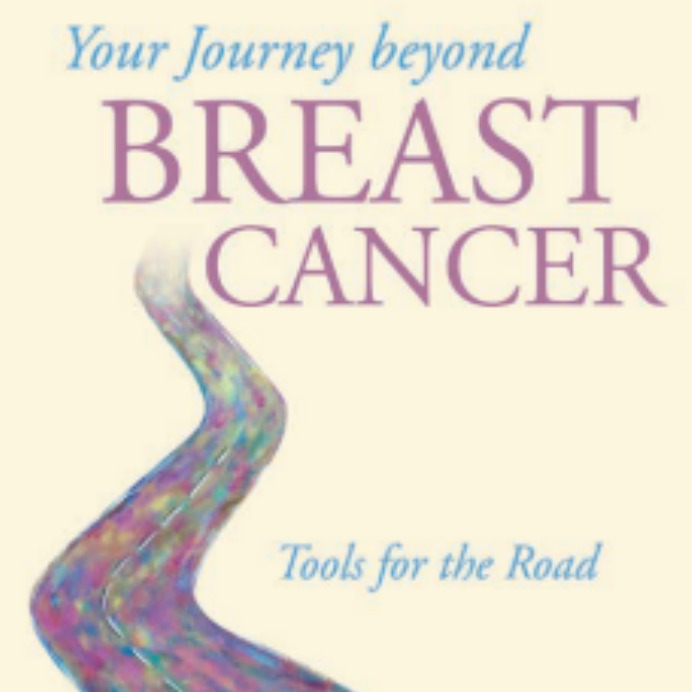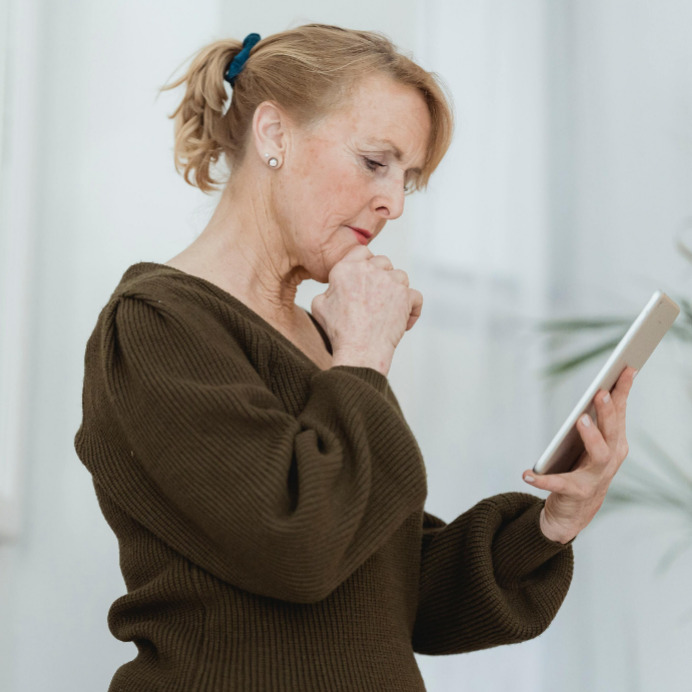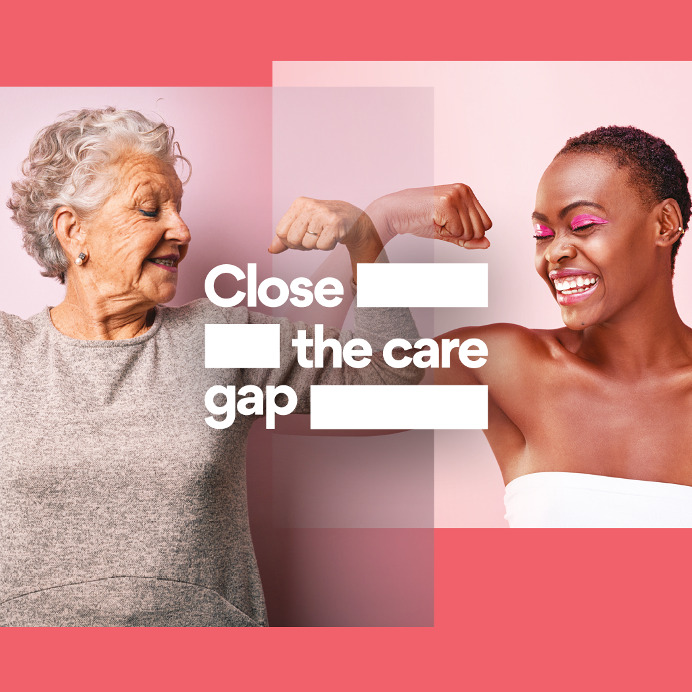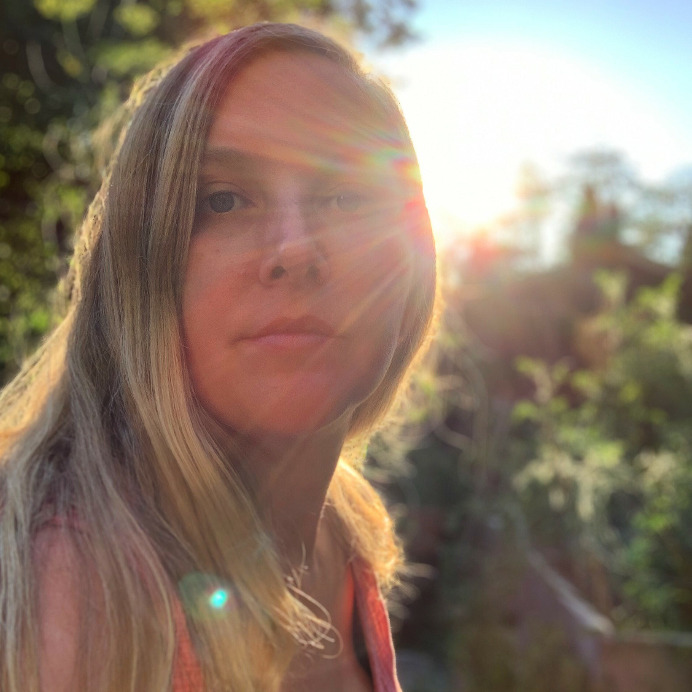By continuing to use our site, you consent to the processing of cookies, user data (location information, type and version of the OS, the type and version of the browser, the type of device and the resolution of its screen, the source of where the user came from, from which site or for what advertisement, language OS and Browser, which pages are opened and to which buttons the user presses, ip-address) for the purpose of site functioning, retargeting and statistical surveys and reviews. If you do not want your data to be processed, please leave the site.
The Voice of People With Breast Cancer
Education
Our Voices Blog
Contributor : CBCN Team
For the Newly Diagnosed: Part 2
A cancer diagnosis comes with many questions. While some of those questions can be answered by your healthcare team, many others cannot. That’s why we have put together this “For the Newly Diagnosed’ two-part series; to help patients who have been newly and recently diagnosed get the answers to their most pressing questions that may not be easily answerable. This series is also meant to help patients get ready for and be aware of challenges they may face in the upcoming months.
Questions and Experts Session Guide: A Radiologist Answers Questions about Breast Imaging After Breast Cancer
In today’s post, we provide the questions that were sent in and asked during the live session of our Questions and Experts session held in April 2022. In this session, Dr. Jean Seely, Head of the Breast Imaging Section at the Ottawa Hospital, answered questions about breast screening and imaging after breast cancer. In the parentheses, you’ll find the timestamp of where to find the question in the on-demand video. Read our Screening AFTER Breast Cancer Advocacy Guide to learn more about follow-up surveillance for those who have had breast cancer and to learn how to advocate to access the appropriate testing.
I Know How I Want to Die
I know how I want to die. I want to be in my bed, wearing my favourite pair of black and white patterned, soft cotton pajamas. I’ll be tucked under my duvet, lying on my side with my head resting on top of the extra long, queen-sized and ridiculously expensive down feather pillow I serendipitously purchased right before I was diagnosed with breast cancer. Softer than any pillow I’ve ever owned, it was worth it. After surgery and throughout treatment, my body smooshed into its feathery goodness like a hug. It protected my body parts that hurt and helped ease my stress into sleep. Like my two kitty-cats, it’s just something I won’t die without.
For the Newly Diagnosed: Part 1
Point of view: You’ve recently been diagnosed with breast cancer, and you’re overwhelmed, confused, scared, and more. You are still having a hard time accepting being diagnosed and don’t know where to start in finding out more medical information about your diagnosis as well as trying to prepare yourself emotionally. While you’ve probably received some type of handout from you doctor, there’s still more information that you need to wrap your head about this change in your life. You’ve also likely searched Google for non-medical information but you are having a hard time finding this information.
Your Questions Answered About Disputing Denied Insurance Claims Through the OmbudService for Life and Health Insurance (OLHI)
A common inquiry we receive from patients is what to do if their insurance company has denied their claim related to their cancer treatments. One service we often direct individuals to is the OmbudService for Life and Health Insurance (OLHI). But who are they? And how can they help you?
The Mental Health Impacts of a Breast Cancer Diagnosis
Experiencing a breast cancer diagnosis is overwhelming and while the overall physical impacts of the disease are well-known, the mental health impacts are often less discussed. The shock of being diagnosed, the fear of recurrence, and the anxiety that comes with living with a breast cancer diagnosis, among other mental health effects, are not considered. As far as the public knows, breast cancer is a physical disease that lasts only as long as its treatment. However, we know that is nowhere near the truth. To highlight this, we asked community members to comment on what impact their breast cancer diagnosis and experience has ha or continues to have on their mental health.
Radiation Prep. Three Tips You Need to Help You Feel in Control and to Support Yourself
Having radiation treatment is something you can never truly be emotionally ready for. At least I wasn’t. The doctors shared the basic need-to-know information, but the rest felt vague, unknown and definitely out of my control. Of course I Googled radiation treatment and what to expect, but again, something was missing. Where was the insider insight I desperately wanted? Rationally, I knew there would never be a guide tailored to my breast cancer experience, everyone experiences it differently as treatment is unique to your cancer and your body. But after the surgery, after I was told I had Stage 1 cancer, after my lump was sent to California for Oncotype DX testing to determine whether or not it would spread, have the likelihood of a recurrence and what my best treatment plan should be, it was my turn. And I always wished there was a checklist I could refer to or a step-by-step action plan I could walk to make my journey into the unknown a little better. There wasn’t, so I’m sharing what I’ve learned along the way so that if you need this insight or know someone else who may, it is here for you.
On the Fifth Anniversary
Five years ago, I went into a doctor’s office and walked into a storm. I was diagnosed with breast cancer.
Practical Tools to Find Inner Strength and Resiliency During Breast Cancer and Beyond
I know you remember the moment you heard, “You have breast cancer”. Those words began a long journey with many possible roadblocks and detours. You will all be at different points on your cancer timeline. Perhaps you have just been diagnosed, are continuing with treatment, or even managing a reoccurrence. Because each of you is more than a statistic, your journey will be unique. The path to follow must be the one that is right for you. At each turn, you will be faced with many hard decisions. You certainly did not choose this challenge, but it is now in front of you. Deciding what is important, how you want to live, and setting your priorities are some of the many demands of this disease. The challenge is how do you want to move forward towards healing which is finding your wholeness and balance. Cure is the absence of physical disease. Everyone hopes for a cure. Even if you cannot achieve a cure, you can and must seek your definition of healing.
“It’s probably nothing.”: Getting Breast Cancer in My 30’s
It all started in July 2021. A drop of bloody nipple discharge led me down the rabbit hole of Google and WebMD which, for once, was actually reassuring - it’s usually harmless. I scheduled an appointment with my doctor the following day who shared the same sentiment – it is probably nothing, but I will refer you to a breast clinic just in case. As a 30-year-old with no family history of breast cancer and a couple of benign fibroadenomas, I wasn’t too worried, and neither was my Surgical Oncologist initially; the odds were in my favour, it was likely benign. And so I attended my ultrasound, mammogram, and biopsy appointments – each time observing how the other women in the waiting room were decades older than me.
Getting a Second Opinion in our Public Health System
When we hear stories about people’s experiences receiving a diagnosis like breast cancer, we often hear the empowering message to trust your gut and get a second opinion if the answers aren’t sitting well with you. These messages, while meant to be inspiring, can often feel impractical. In other countries, like the US, getting second opinions may be fairly straightforward, but in Canada, second opinions may be a bit trickier to come by.
The Tamoxifen Ten. How to Combat the Ten Years’ Worth of Wrinkles and Dry Skin Breast Cancer and Tamoxifen Add to Your Face
I’ll never forget the day I looked in the bathroom mirror and saw a face that resembled mine, except that it looked ten years older, staring back at me. And no, it wasn’t the cloudy, moth-eaten Lululemon sweater I only ever took off on laundry day, bad lighting, months-long fatigue or even my emotions playing tricks with my eyes. This was real. So much so that not even Kylie or Rihanna could help me, despite being the Holy Grails of Millennial beauty. Biologically I was still be the same age, but my skin? An extra decade’s worth of fine lines, crow’s feet, dark under eye circles and cheek sag had all but literally wiped out my formerly tight, collagen-plump and rosy glow.
Understanding Common Research Terms
Have you ever found yourself confused and wondering what all those scientific terms mean in the research studies we share on breast cancer? If so, we’ve compiled a list of common terms used in various breast cancer news articles to help explain how they are used in determining the results and progress of clinical trials and research.
Joycelyn's Cancer Journey
Joycelyn Merkley, from Shelburne, Ontario, describes herself as: a girlfriend, mother, grandmother, sister, and daughter. She has lived 53 years embracing these roles when in July of 2021 she was thrown into another role: breast cancer patient.
Closing the Breast Cancer Care Gap
This World Cancer Day, the focus is on how to ‘Close the Care Gap’. It is a call for everyone to not only become aware of the inequities that exist in cancer care, but to get actively involved in addressing and reducing such inequities. These inequities can be due to systemic and social barriers, as well as general access to care. While such gaps exist, they can be reduced and eventually eliminated. Below, we outline what CBCN is doing to close the breast cancer care gap and what you can do too.
Tamoxifen’s One Perk: Not Having My Period
The only thing I miss about Tamoxifen is not getting my period.
Ten Years: On the Unplanned Path of Early-Stage and Late-Stage Breast Cancer
Five years ago, I shared that I made it 5 years out from the day I was told “it’s breast cancer.” 6 months after that, I was diagnosed with stage 4 breast cancer. I was in the 30% of early-stage breast cancers that eventually becomes metastatic.
Research Highlights from the 2021 San Antonio Breast Cancer Symposium
This year top researchers, physicians, manufacturers, and patient advocates met in-person and virtually for the annual San Antonio Breast Cancer Symposium. Once again, this conference shared an abundance of new research on breast cancer from around the globe.
Our 10 Most Read 2021 Blogposts
2021 was the year of the patient voice and patient advocacy. Across Canada, we saw patients become more active participants on their healthcare team. Whether due to the current circumstances, because of personal interest, or because of unfortunate situations, patients are increasingly becoming involved in their care. This was also reflected in the blogpost that we published in 2021. Overall, we published 23 posts that came from breast cancer patients and their various experiences dealing with their diagnosis. It’s no wonder that so many of these stories were part of our top blogposts of 2021. Even the posts not written by breast cancer patients reflected empowering breast cancer patients to take charge of their health.
CBCN-in-Action: 2021 in Review
The Canadian Breast Cancer Network exists to ensure the best quality of life for all Canadians diagnosed with breast cancer. We do this by voicing the views and concerns of breast cancer patients through education and advocacy activities. We also work to ensure that what we undertake is: patient-centered, credible and promotes equity.






